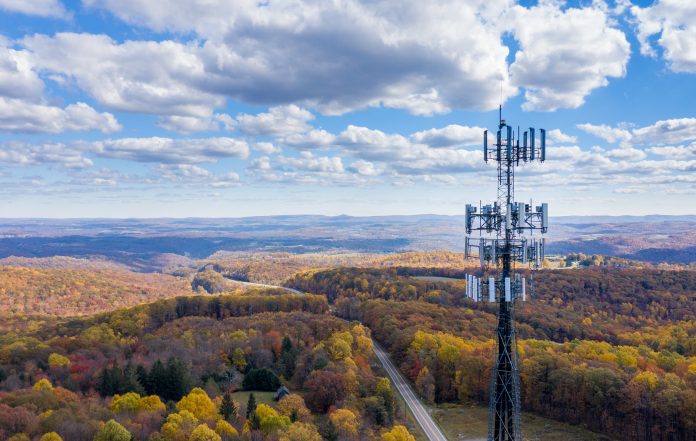The UK government is taking steps to provide people in rural areas with broadband connectivity
The government is working on a project called Project Gigabit, which will see hundreds of thousands of people living in rural areas gain access to ultra-fast internet.
Supported by over £289 million in funding, the project is expected to change the lives of people living in isolated communities by providing faster and more reliable broadband speeds.
The digital divide
The government’s £289 million investment focuses on rural areas like the Dee Valley, Isle of Anglesey, and Shropshire Hills, where residents have struggled for a long time with outdated and slow broadband.
Urban-centric broadband providers usually bypass these areas and will now benefit from gigabit-capable internet.
As part of the government’s Plan for Change, the project is designed to bridge the digital divide that has slowed economic growth, access to services, and the ability to fully participate in the digital world for many in rural Britain.
Technology Secretary Peter Kyle said: “As part of this government’s Plan for Change, we will plug digital divides, helping to make the UK a more equal society where everyone is given a fair shot in life.” GOV.uk reported.
Economic and social benefits
Faster broadband will provide many benefits to people in rural communities. For some people, it means easier access to essential online services, such as remote healthcare and education. Virtual consultations with healthcare professionals will become easier, allowing people to receive care without needing long-distance travel. Students will also have a smoother experience attending online classes or accessing educational resources.
This new connectivity will also benefit local businesses. With faster internet speeds, businesses in remote areas will have the opportunity to compete more effectively in the digital marketplace. Online shopping, remote working, and digital communication will all become more seamless, helping these businesses grow and thrive.
The new broadband infrastructure can help combat loneliness for those living in rural isolation. High-quality video calls will make staying connected with family and friends easier, reducing the sense of isolation that many people in remote areas experience.
Progress and future plans
Project Gigabit, which aims to provide gigabit broadband to over 1.1 million hard-to-reach premises across the UK, is already making a big difference.
More than 85% of the country now has access to gigabit speeds, putting the UK on track to meet its goal of full gigabit coverage by 2030.
Over 96,000 premises have been upgraded through an agreement between the UK government and Openreach, and the pace is expected to accelerate in the coming months.
The project is focused on large-scale infrastructure and includes partnerships with independent broadband providers.
These smaller providers are important in reaching communities that larger corporations would otherwise leave behind. Openreach, one of the key players in the rollout, has already extended its Full Fibre network to half of the properties in the UK and plans to reach 30 million homes by the end of the decade.
A vision for the future
The expansion of gigabit broadband is set to drive economic growth in rural areas.
The digital transformation will make it easier for individuals and businesses to take advantage of new opportunities in remote work, online education, or e-commerce. It’s a critical step toward reducing regional disparities and creating a more equal society where no one is left behind due to poor connectivity.
As Project Gigabit continues to take off, rural communities that used to struggle with slow, unreliable broadband will be able to participate fully in the digital economy.
This project will boost productivity and improve quality of life, offering a brighter future for millions living in Britain’s most isolated areas.











